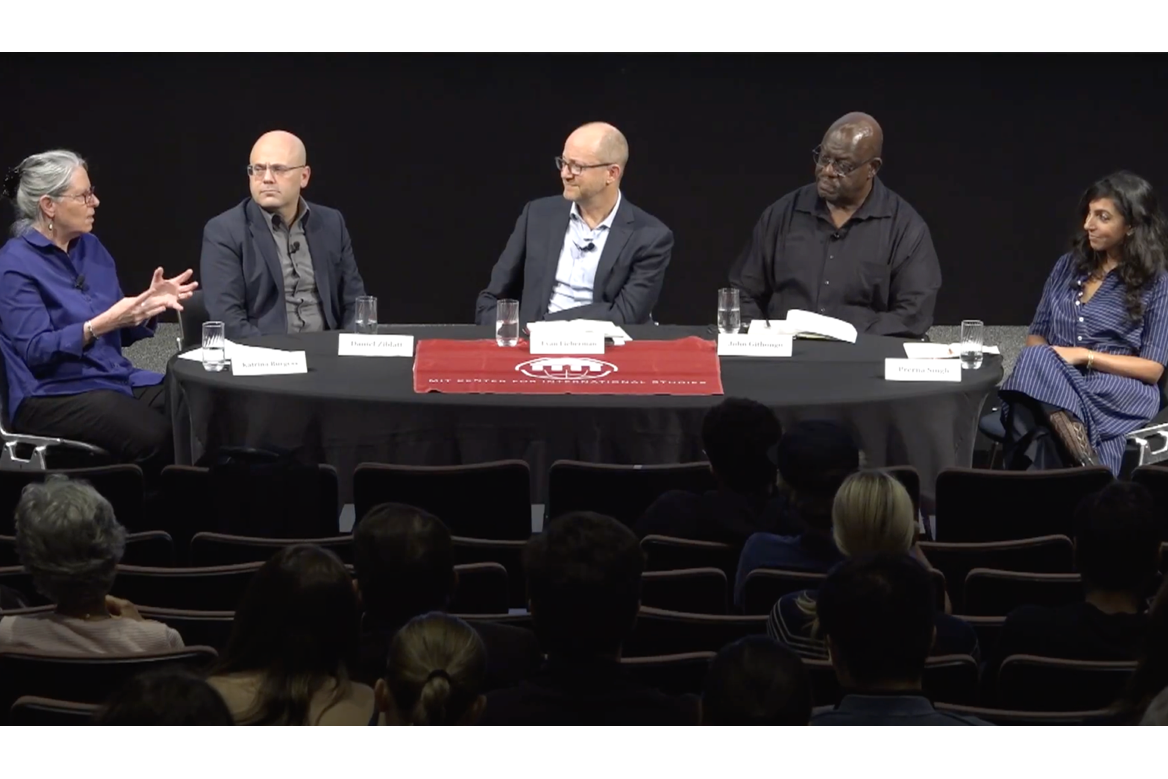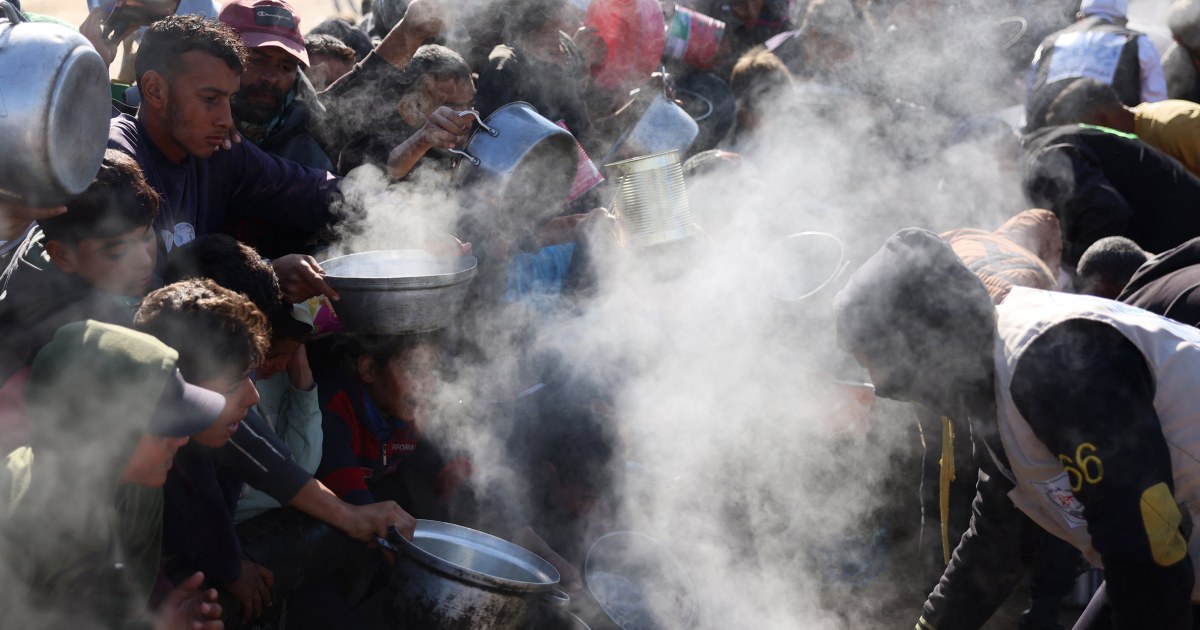World
How is the world watching the 2024 US election?

No matter the outcome, the results of the 2024 United States presidential election are certain to have global impact. How are citizens and leaders in other parts of the world viewing this election? What’s at stake for their countries and regions?
This was the focus of “The 2024 US Presidential Election: The World is Watching,” a Starr Forum held earlier this month on the MIT campus.
The Starr Forum is a public event series hosted by MIT’s Center for International Studies (CIS), and focused on leading issues of global interest. The event was moderated by Evan Lieberman, director of CIS and the Total Professor of Political Science and Contemporary Africa.
Experts in African, Asian, European, and Latin American politics assembled to share ideas with one another and the audience.
Each offered informed commentary on their respective regions, situating their observations within several contexts including the countries’ style of government, residents’ perceptions of American democratic norms, and America’s stature in the eyes of those countries’ populations.
Perceptions of U.S. politics from across the globe
Katrina Burgess, professor of political economy at Tufts University and the director of the Henry J. Leir Institute of Migration and Human Security, sought to distinguish the multiple political identities of members of the Latin American diaspora in America and their perceptions of America’s relationship with their countries.
“American democracy is no longer perceived as a standard bearer,” Burgess said. “While members of these communities see advantages in aligning themselves with one of the presidential candidates because of positions on economic relations, immigration, and border security, others have deeply-held views on fossil fuels and increased access to sustainable energy solutions.”
Prerna Singh, Brown University’s Mahatma Gandhi Professor of Political Science and International Studies, spoke about India’s status as the world’s largest democracy and described a country moving away from democratic norms.
“Indian leaders don’t confer with the press,” she said. “Indian leaders don’t debate like Americans.”
The ethnically and linguistically diverse India, Singh noted, has elected several women to its highest government posts, while the United States has yet to elect one. She described a brand of “exclusionary nationalism” that threatened to move India away from democracy and toward something like authoritarian rule.
John Githongo, the Robert E. Wilhelm Fellow at CIS for 2024-25, shared his findings on African countries’ views of the 2024 election.
“America’s soft power infrastructure in Africa is crumbling,” said Githongo, a Kenyan native. “Chinese investment in Africa is up significantly and China is seen by many as an ideal political and economic partner.”
Youth-led protests in Kenya, Githongo noted, occurred in response to a failure of promised democratic reforms. He cautioned against a potential return to a pre-Cold War posture in Africa, noting that the Biden administration was the first in some time to attempt to reestablish economic and political ties with African countries.
Daniel Ziblatt, the Eaton Professor of Government at Harvard University and the director of the Minda de Gunzburg Center for European Studies, described shifting political winds in Europe that appear similar to increased right-wing extremism and a brand of populist agitation being observed in America.
“We see the rise of the radical, antidemocratic right in Europe and it looks like shifts we’ve observed in the U.S.,” he noted. “Trump supporters in Germany, Poland, and Hungary are increasingly vocal.”
Ziblatt acknowledged the divisions in the historical transatlantic relationship between Europe and America as symptoms of broader challenges. Russia’s invasion of Ukraine, energy supply issues, and national security apparatuses dependent on American support may continue to cause political ripples, he added.
Does America still have global influence?
Following each of their presentations, the guest speakers engaged in a conversation, taking questions from the audience. There was agreement among panelists that there’s less investment globally in the outcome of the U.S. election than may have been observed in past elections.
Singh noted that, from the perspective of the Indian media, India has bigger fish to fry.
Panelists diverged, however, when asked about the rise of political polarization and its connection with behaviors observed in American circles.
“This trend is global,” Burgess asserted. “There’s no causal relationship between American phenomena and other countries’ perceptions.”
“I think they’re learning from each other,” Ziblatt countered when asked about extremist elements in America and Europe. “There’s power in saying outrageous things.”
Githongo asserted a kind of “trickle-down” was at work in some African countries.
“Countries with right-leaning governments see those inclinations make their way to organizations like evangelical Christians,” he said. “Their influence mirrors the rise of right-wing ideology in other African countries and in America.”
Singh likened the continued splintering of American audiences to India’s caste system.
“I think where caste comes in is with the Indian diaspora,” she said. “Indian-American business and tech leaders tend to hail from high castes.” These leaders, she said, have outsized influence in their American communities and in India.








